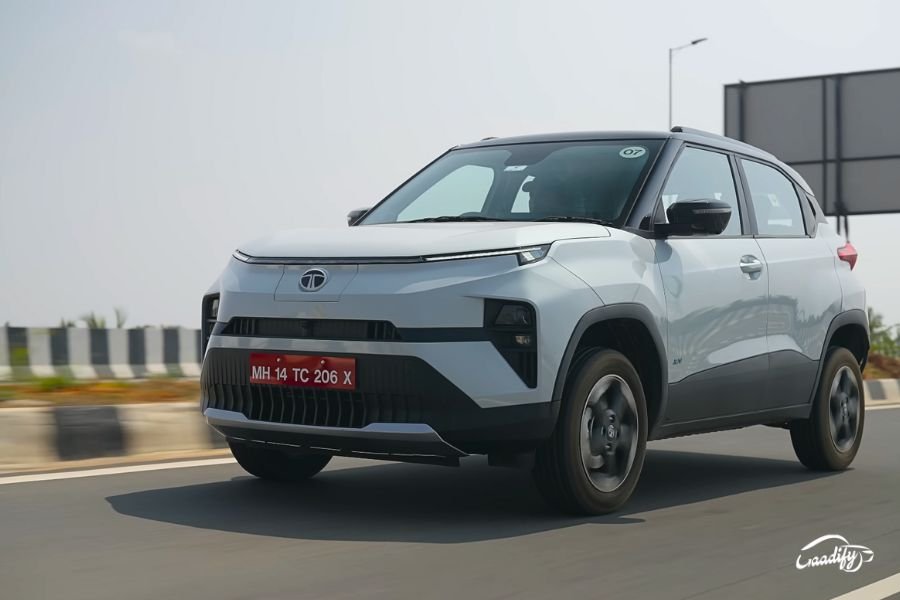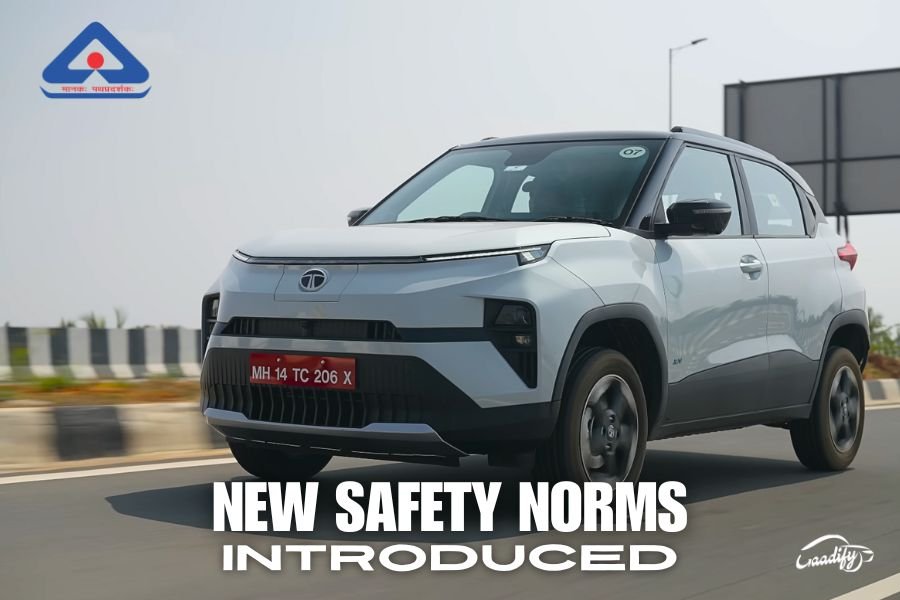With the growing demand for electric vehicles (EVs) in the Indian market, the Bureau of Indian Standards (BIS) has introduced new norms to make EVs produced in the country safer.
To start with, BIS introduced the “IS 18590: 2024” and “IS 18606: 2024” norms to enhance the safety and performance of batteries, ensuring they satisfy the safety standards for passenger electric vehicles. The importance of battery safety, a major component in any electric vehicle, cannot be neglected, as it directly impacts EVs’ overall safety and reliability. Hence, by implementing these standards, BIS strives to mitigate the hazards associated with battery malfunctions and ensure high quality, thereby enhancing the overall user experience.
Also Read: Tata Reveal Launch Schedule For Curvv EV, Harrier EV, Sierra EV and Avinya Series

Additionally, the BIS has introduced the “IS 18294: 2023” standard to control the production of commercial EVs such as e-rickshaws and e-karts, which have significantly grown on Indian roads.
To foster the sustainable growth of India’s EV industry, the BIS has implemented 30 stringent standards to regulate EV production and charging infrastructure. As EV technology becomes mainstream, these regulations will ensure a smooth transition to sustainable transportation and pave the way for a safer and more reliable future for electric vehicles in India.
Must Read: FAME III Subsidy Scheme To Be Rolled Out Soon; Hybrid Likely To Benefit








